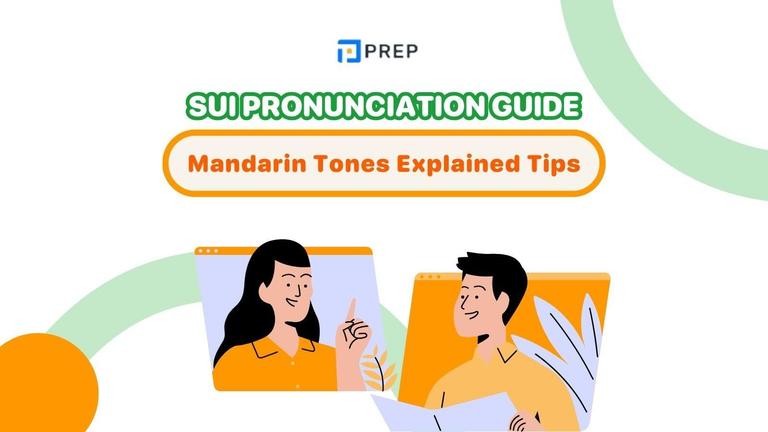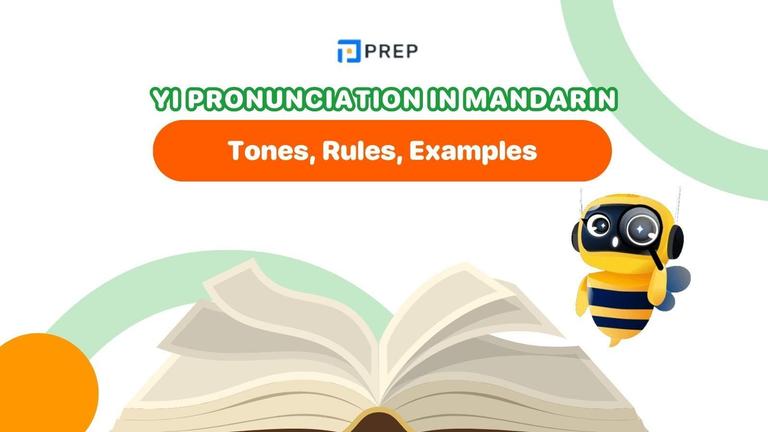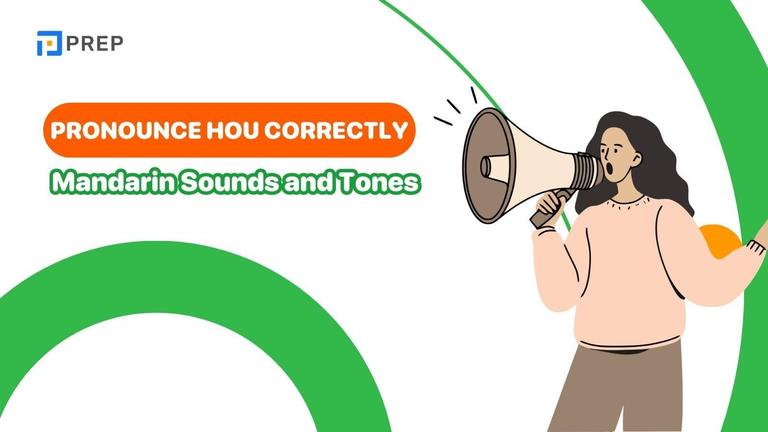Reported Speech If in English: Rules and Examples
Reported speech with If in English is a key grammar point often found in exams and daily communication. This guide explains the rules for reporting Yes/No questions and conditional sentences, provides practical examples, and shares exercises to help you practice effectively.
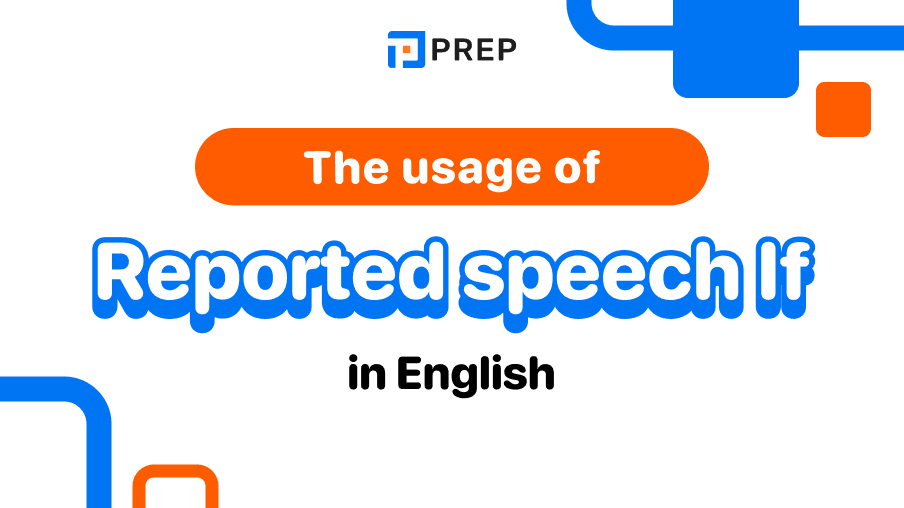
I. What Is Reported Speech If in English?
Reported speech is used when we want to tell someone what another person said, but without quoting them directly. It often involves changes in pronouns, tenses, and word order, especially if the original statement was in the past.
The word "if" plays a special role in reported speech when:
Reporting Yes/No Questions Using "If"
When we report a question that can be answered with "yes" or "no" (known as a Yes/No question), we typically introduce the question using the word "if" or "whether".
Example:
- Direct: "Are you coming to class today?"
- Reported: She asked if I was coming to class that day.
In this case, "if" functions as a connector that turns the question into a statement.
Reporting Conditional Sentences
Conditional sentences use "if" to describe a condition and a result. When reporting such sentences, we need to understand their type (1st, 2nd, or 3rd conditional) and apply appropriate tense backshifts.
Many English proficiency exams (such as TOEIC, B1 Preliminary, VSTEP…) include tasks on reported speech. Understanding how "if" is used:
- Helps you report information accurately
- Prepares you for grammar test questions
- Improves your communication in both academic and real-life conversations
Learning this structure enhances not just your grammar but also your listening and paraphrasing skills—essential areas for any English learner.
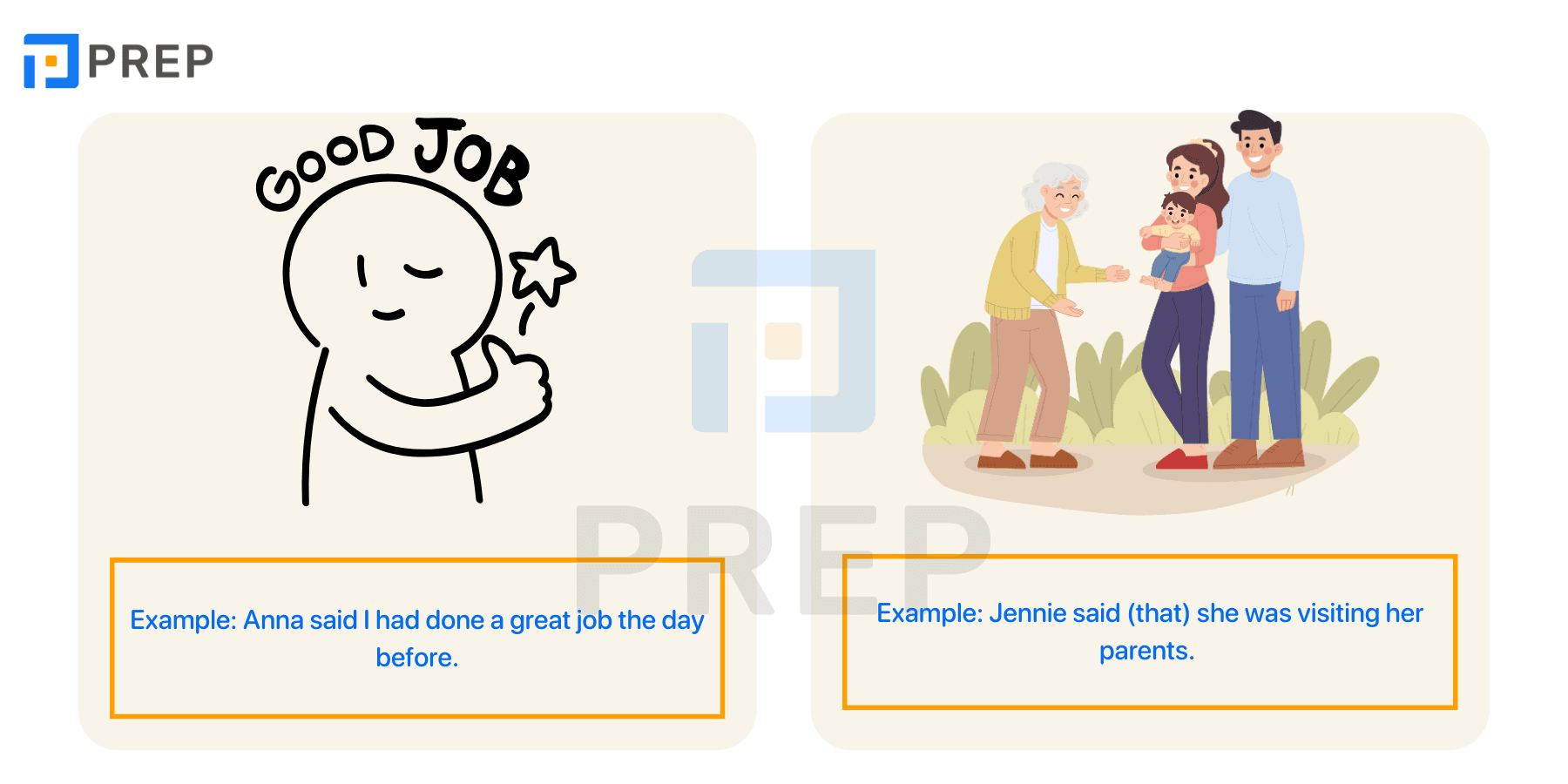
II. Grammar Rules for Reported Speech with If
When converting direct speech into reported (indirect) speech, especially when the sentence includes "if", there are two main grammar situations that learners need to understand:
- Yes/No questions that use “if” or “whether” in reported form
- Conditional sentences (if-clauses) that require tense changes when being reported
Both structures follow specific rules, particularly with tense backshifting, word order, and the use of connectors like "if" or "whether."
1. Reporting Yes/No Questions with "If" / "Whether"
Yes/No questions are questions that can be answered with a simple “yes” or “no”. When reporting these questions in indirect speech, we don’t use the question form—instead, we turn them into statements introduced by if or whether.
Reported Yes/No questions follow this structure:
Subject + asked / wondered / wanted to know + if / whether + subject + verb (backshifted)
Key Grammar Rules
- The word order changes from question form to statement form.
- We remove question marks.
- We backshift the verb tense (if the reporting verb is in the past).
- The auxiliary verbs do/does/did are removed.
- "If" and "whether" are both acceptable, but "whether" is more formal or used when alternatives are mentioned ("whether... or not").
Examples of Reported Yes/No Questions
|
Direct Speech |
Reported Speech |
|
"Are you hungry?" |
She asked if I was hungry. |
|
"Do they speak French?" |
He wanted to know if they spoke French. |
|
"Will she come to the meeting?" |
I asked whether she would come to the meeting. |
|
"Did you finish your homework?" |
The teacher asked if I had finished my homework. |
|
"Is it going to rain tomorrow?" |
She wondered whether it was going to rain the next day. |
|
"Have you seen my phone?" |
He asked if I had seen his phone. |
When to Use "If" vs. "Whether"
Both can often be used interchangeably, but:
- Use "whether" in more formal or written contexts
- Use "whether" when followed by “or not”
- Example: He asked whether she was coming or not.
2. Reporting Conditional Sentences (If-Clauses)
Conditional sentences—also known as if-clauses—describe a condition and its possible result. When these sentences are reported indirectly, the tenses usually change depending on the type of conditional used in the original direct speech.
There are three main types of conditionals, each requiring specific rules when transformed into reported speech.
Tense Changes in Reported Conditionals
When reporting speech that includes an if-clause, you often need to backshift the verb tenses if the reporting verb is in the past (e.g., He said, She told me).
Below is a summary of how the tense changes for each type of conditional:
|
Type |
Direct Speech |
Reported Speech |
Notes |
|
Zero Conditional |
If you heat ice, it melts. |
He said if you heat ice, it melts. |
No change (general truth). |
|
First Conditional |
If I study, I will pass. |
She said if she studied, she would pass. |
Present simple → Past simple; will → would |
|
Second Conditional |
If I had more time, I would travel. |
He said if he had had more time, he would have travelled. |
Past simple → Past perfect; would → would have |
|
Third Conditional |
If I had known, I would have called. |
She said if she had known, she would have called. |
Often remains unchanged (already past perfect) |
Key Grammar Tips
- Only change the tense if the reporting verb is in the past (e.g., He said, She told me)
- In zero conditionals, no tense change is needed
- In third conditionals, the sentence may remain the same because it’s already in the past perfect
- Make sure to adjust pronouns, time expressions, and word order as needed
By understanding how to report conditional sentences correctly, learners can boost both their grammar accuracy and confidence—especially in writing, exams, or academic discussions.
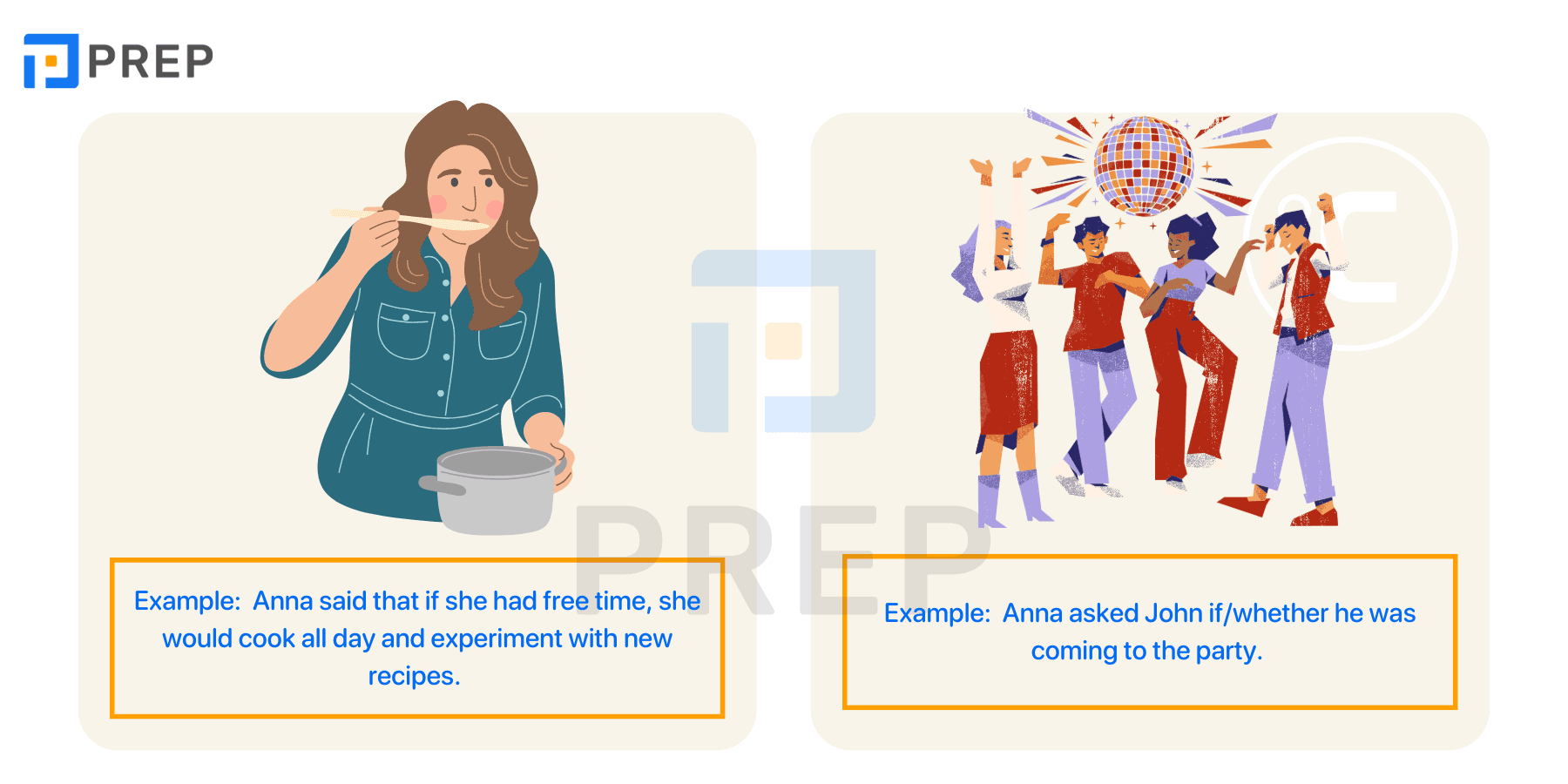
III. Examples of Reported Speech If in English
Practicing reported speech with “if” helps you internalize grammar rules and improve your ability to transform sentences accurately—whether you’re preparing for exams or using English in real situations.
Below you'll find exercises to reinforce your understanding of:
- Yes/No questions using if/whether
- Conditional sentences (First, Second, and Third conditionals)
Exercises 1. Fill in the Blanks – Change into Reported Speech
Instructions: Rewrite the following direct sentences into reported speech using if or whether where appropriate.
- "Do you need any help?"
→ She asked me ____________________________________________________. - "Will it rain tomorrow?"
→ He wanted to know ____________________________________________________. - "Have you finished the assignment?"
→ The teacher asked ____________________________________________________. - "Did she call you back?"
→ He asked ____________________________________________________. - "If it doesn't stop raining, the game will be canceled."
→ The coach said ____________________________________________________.
Exercises 2. Multiple Choice – Choose the Correct Reported Version
Instructions: Choose the correct reported speech sentence from the given options.
- "Is she coming to class today?"
a) He asked is she coming to class today.
b) He asked if she was coming to class today.
c) He asked whether is she coming today. - "Do you like English grammar?"
a) She wanted to know whether I liked English grammar.
b) She wants to know if I like English grammar.
c) She wanted to know if do I like grammar. - "If the traffic is bad, we’ll be late."
a) They said if the traffic is bad, they will be late.
b) They said if the traffic had been bad, they would be late.
c) They said if the traffic was bad, they would be late. - "Would you go if I asked you?"
a) He asked would I go if he asked me.
b) He asked me if I would go if he asked me.
c) He asked me do I go if he asked me. - "Did you call him back?"
a) She asked me if I had called him back.
b) She asked me if had I called him back.
c) She asked me do I call him back.
Exercises 3. Identify the Conditional Type and Rewrite
Instructions: Identify the type of conditional in each direct sentence (First/ Second/ Third), then rewrite it in reported speech.
- "If we leave now, we will catch the train."
→ Type: __________
→ Reported: ____________________________________________________. - "If I had more time, I would visit my grandparents."
→ Type: __________
→ Reported: ____________________________________________________. - "If she had told me earlier, I would have helped her."
→ Type: __________
→ Reported: ____________________________________________________. - "If it rains, I won’t go to the park."
→ Type: __________
→ Reported: ____________________________________________________. - "If he studied harder, he would pass the test."
→ Type: __________
→ Reported: ____________________________________________________.
Answer
[prep_collapse_expand open_text="View more" close_text="Show less"]
|
Exercises 1 |
Exercises 2 |
Exercises 3 |
|
|
|
[/prep_collapse_expand]
Above is the complete knowledge about reported speech If in English that PREP wanted to share with you. Keep following PREP to regularly update many other useful English knowledge!

Hi I'm Chloe, and I am currently serving as an Product Content Administrator at Prep Education. With over five years of experience in independent online IELTS study and exam preparation, I am confident in my ability to support learners in achieving their highest possible scores.
Comment
Premium content
View allPersonalized roadmap
Most read








